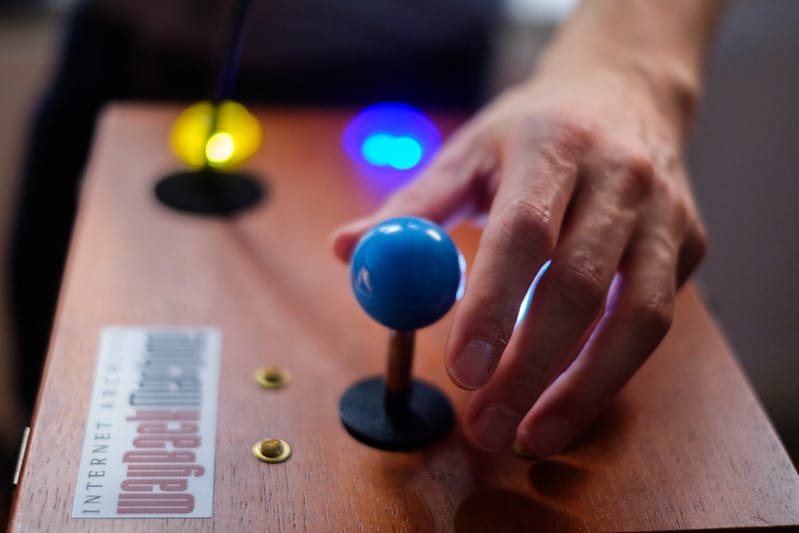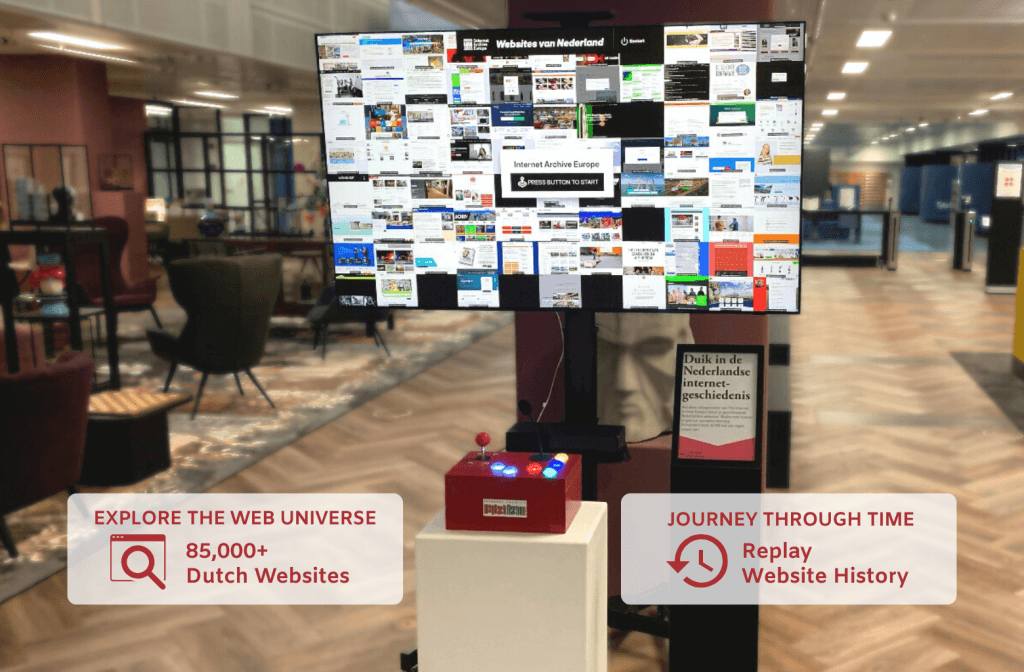New Endorsements from Ireland: IReL and University of Galway Join the Our Future Memory Movement
Our Future Memory continues to strengthen its voice in the academic world with major support from Irish institutions.
Internet Archive Europe is proud to announce that two more prestigious academic bodies have signed the Statement on the Four Digital Rights of Memory Institutions. These endorsements add critical weight to the call for a future in which libraries and universities can continue their mission of preservation and access in the digital age.
Our newest Irish signatories are:
- The Irish Research e-Library (IReL)
- The University of Galway
They join a rapidly expanding coalition of more than forty umbrella organisations and institutions worldwide that have endorsed the Four Rights: the Right to Collect, the Right to Preserve, the Right to Lend, and the Right to Cooperate.
University of Galway
The institutional support for this campaign has been endorsed by the Academic Council of the University of Galway.
Recognising the vital link between historical preservation and future learning, the University emphasised the necessity of these rights for the academic community. As stated in their endorsement:
“The University of Galway Library is proud to preserve and make accessible the scholarly and cultural record of centuries past. We are very concerned about any limitations to our ability to guarantee the preservation and accessibility of content produced today for scholars and learners of the future. We therefore whole-heartedly endorse the protection of our Digital Rights and the Our Future Memory campaign.”
Irish Research e-Library (IReL)
The Governance Committee of the Irish Research e-Library (IReL), a major nationally funded consortium, has also given its support to the Statement.
A copy of the statement was formally signed by the IReL Chair, Prof. Eeva Leinonen. This endorsement signals a strong commitment from Irish research infrastructure to ensure that digital content remains accessible and preserved for the long term, as emphasised below:
“As a national shared service providing access to digital information resources to students and researchers across Ireland, IReL is keenly aware of the precarious nature of information access in the digital world. The four rights outlined in Our Future Memory are essential if we are to work collectively to ensure access to scientific knowledge for future generations.”
A United Front for Digital Rights
These new signatures build upon recent momentum in Ireland, following the endorsement by the Irish Universities Association Librarians’ Group (IUALG).
Together, these voices demonstrate a shared understanding within the academic sector: the problems facing memory institutions in the digital age are urgent, and legal protections are required to keep preserving and providing access to our cultural record.
Join the Movement
🔗 Sign the Statement: https://ourfuturememory.org
📧 Contact the Campaign: campaigns@internetarchive.eu
Our future memory depends on the choices we make today.
Learn More
Informational Webinar on 27 January 2026
Join the Internet Archive and partners for “Protect Our Future Memory: Join the Call for Library Digital Rights,” a webinar introducing the movement.
- When: 27 January 2026 – 19:00 GMT+1/ 10:00 PT / 13:00 ET
- Duration: one hour
- Format: online
- Register here
Shop Talk @ the Ontario Library Association Conference on 30 January 2026
Discover the “4 Rights for Digital Libraries” at this 15-minute session at the OLA Conference in Ontario, Canada.
- When: 30 January 2026
- Duration: 15 minutes
- Format: in person
- More info here
Podcast: Hear the Voices Behind the Movement
To explore the origins, urgency, and global significance of the Four Digital Rights, we encourage you to listen to the Future Knowledge podcast episode on this campaign. Featuring leaders from across the library, archive, and digital rights communities, the episode offers essential context on why these rights matter—and what’s at stake.


